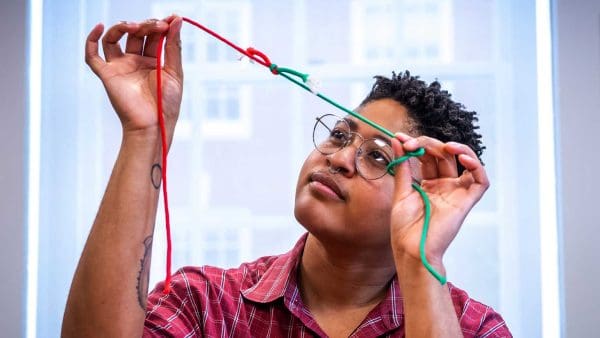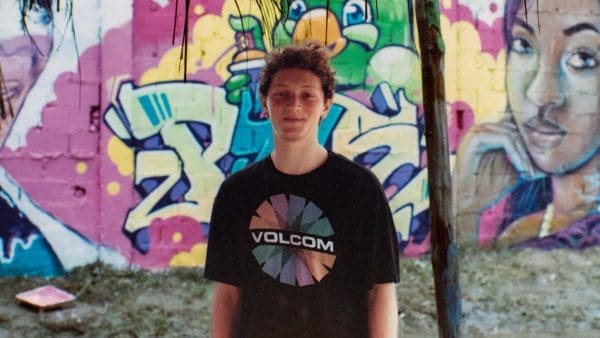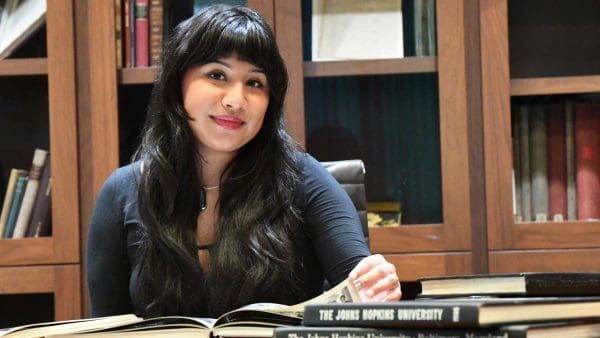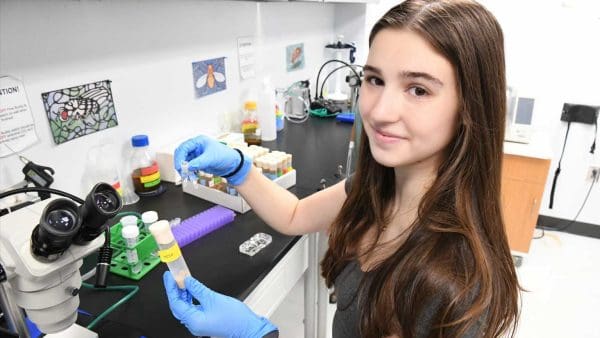The Research
The goal of Diana Jeang’s research is to determine what biological and immune factors in the vaginal mucosa may inhibit or favor the acquisition of human immunodeficiency virus (HIV) in women. The project took Jeang, a double major in molecular and cellular biology and French, to South Africa, where 5.6 million HIV-infected individuals make up approximately 18 percent of the country’s total population. She worked with 300 women to characterize the frequency of CD4 T-cell activation and inflammatory cytokines in the female genital tract (FGT) prior to infection with HIV and assess the correlation with risk for acquisition of the virus, as well as determine if commensal bacterial flora in the FGT influence susceptibility to acquisition.
In Her Own Words
“The time that I spent in South Africa changed how I think about the HIV epidemic. In the U.S., HIV has become more a chronic, manageable condition than a serious deadly disease, but that’s not the case in many other parts of the world, like South Africa. Even only a brief time doing HIV research abroad was enough to convince me to learn more about public health and other disciplines outside of my basic science background in order to gain a fuller understanding of the problems and what my role could be in helping to solve them.”
Adviser: M. Andrew Hoyt, Professor, Biology




